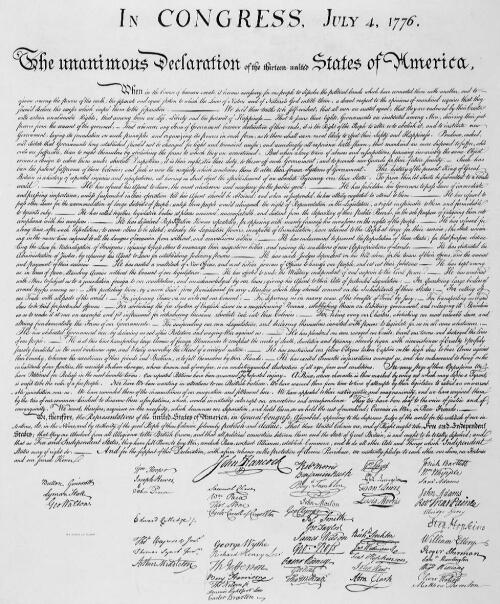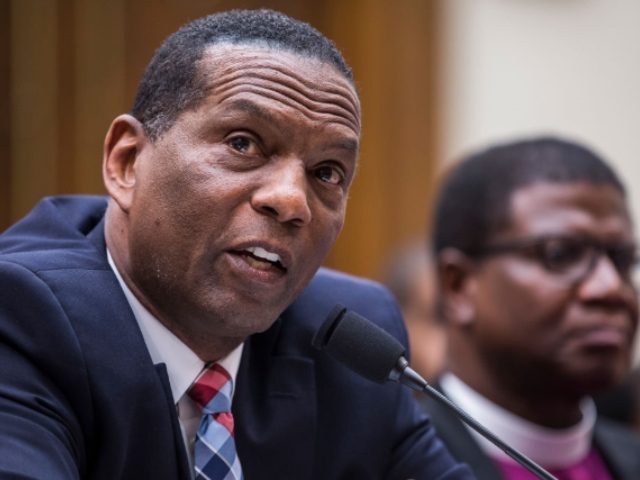There is nothing in life quite as predictable as the unpredictable life-changing event.
Saturday, July 4, 2020
Hilary/Obama Voter and retired UW Law Prof Ann Althouse:
Trump speaks the painful truth during Mt. Rushmore speech: "Our children are taught in school to hate their own country and to believe that the men and women who built it were not heroes but that were villains."
On this day in 1863, a day after the Union win at Gettysburg,
CONFEDERATES SURRENDER VICKSBURG
TO U.S. GRANT
On this day in 1863, the Confederates surrendered Vicksburg after a long siege by Union General Ulysses S. Grant. The Union's victory at Vicksburg was the biggest of the western campaign and allowed the Union to control the Mississippi, effectively split the Confederacy, and disrupt the Confederacy’s supply lines. Combined with the Union’s victory at Gettysburg the day before, the fall of Vicksburg rendered a double body blow of the first order to the Confederate cause. Legend has it that the people of Vicksburg did not celebrate July 4th again until 1944 during WWII.
Friday, July 3, 2020
On this day in 1988,
U.S. warship mistakenly downs
Iranian passenger jet
290 people, including 66 children, killed
Video animation
On this day in 1863,
UNION WINS BATTLE OF GETTYSBURG
Pickett’s desperate charge on final day
results in 7,000 Confederate dead or wounded in less than an hour
 |
| George Pickett |
In what turned out to be the turning point of the Civil War, General Robert E. Lee’s Army of Northern Virginia’s invasion of the North was stopped at Gettysburg by Union forces led by recently-appointed General George Meade.
After two days of fighting, the Union and Confederate forces had suffered an incredible 35,000 fatalities. Lee tried to gain the initiative on the third day with a massive bombardment of Union positions. The Union responded with its own bombardment, reported to be the heaviest of the Civil War.
Mistakenly believing the Confederates’ artillery had softened up the Union lines, Lee ignored the advice of his subordinates and ordered General George Pickett and others to send 15,000 soldiers into what turned out to be a one mile long killing field to take the appropriately-named Cemetery Ridge. Pickett’s troops were mowed down one after another like sitting ducks and Pickett never forgave Lee for the slaughter of his men.
Realizing Gettysburg was unwinnable, Lee reluctantly withdrew his army. Meade’s Army of the Potomac was too battered to pursue and destroy the vulnerable Confederates as they retreated, but Lee never again attempted to invade the North and spent the rest of the war trying to fend off Union forces as they moved through the South to their ultimate victory.
The Battle of Gettysburg was an unplanned battle - The Confederate forces were in Gettysburg only to find shoes for its infantrymen.
Thursday, July 2, 2020
On this day in 1964,
LBJ SIGNS CIVIL RIGHTS ACT OF 1964
Democrat filibuster overcome
Greater % of Republicans support than Democrats
On this day in 1964, Democrat President Lyndon B. Johnson signed the historic Civil Rights Act in a nationally televised ceremony at the White House, the most sweeping civil rights legislation passed by Congress since the post-Civil War Reconstruction era. The Civil Rights Act of 1964 prohibited racial discrimination in employment and education and outlawed racial segregation in public places such as schools, buses, parks and swimming pools. The bill also led the way for a number of other pieces of civil rights legislation – including the Voting Rights Act of 1965, which set strict rules for protecting the right of African Americans to vote – that have since been used to enforce equal rights for women as well as all minorities.
On this day in 1881,
President Garfield Shot
By Disgruntled Office Seeker
Dies 80 Days Later
A Hip Hughes Video History Summary
Wednesday, July 1, 2020
Tuesday, June 30, 2020
Famous environmentalist Michael Shellenberger: On Behalf Of Environmentalists, I Apologize For The Climate Scare
Obama/Hillary Voter Ann Althouse:
It is now clear law-abiding citizens need an assault weapon to defend themselves.
Monday, June 29, 2020
When you've lost Rolling Stone...
Matt Taibbi Unleashes — ‘White Fragility is tricked-up pseudo-intellectual horseshit’…
Matt Taibbi Unleashes — ‘White Fragility is tricked-up pseudo-intellectual horseshit’…
On this day in 1941,
Nazis Capture Lvov, Ukraine
Kill 600,000 Ukrainian Jews
Send 2.5 million Ukrainians to Germany to be slave laborers
Video summary of invasion/massacre
Sunday, June 28, 2020
Subscribe to:
Comments (Atom)






